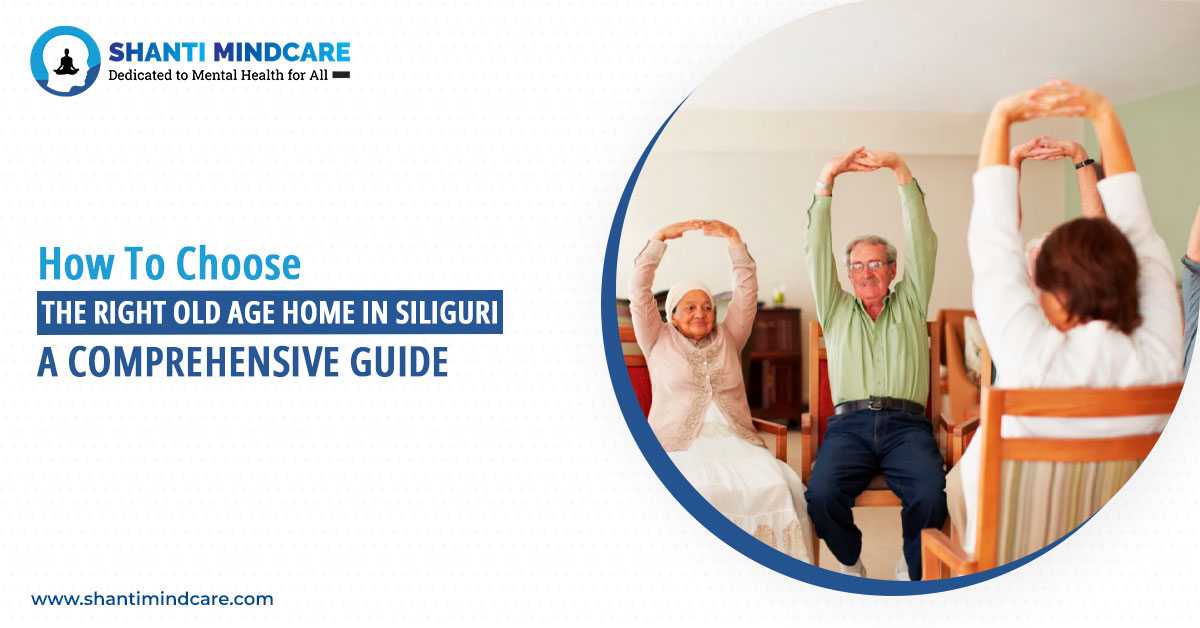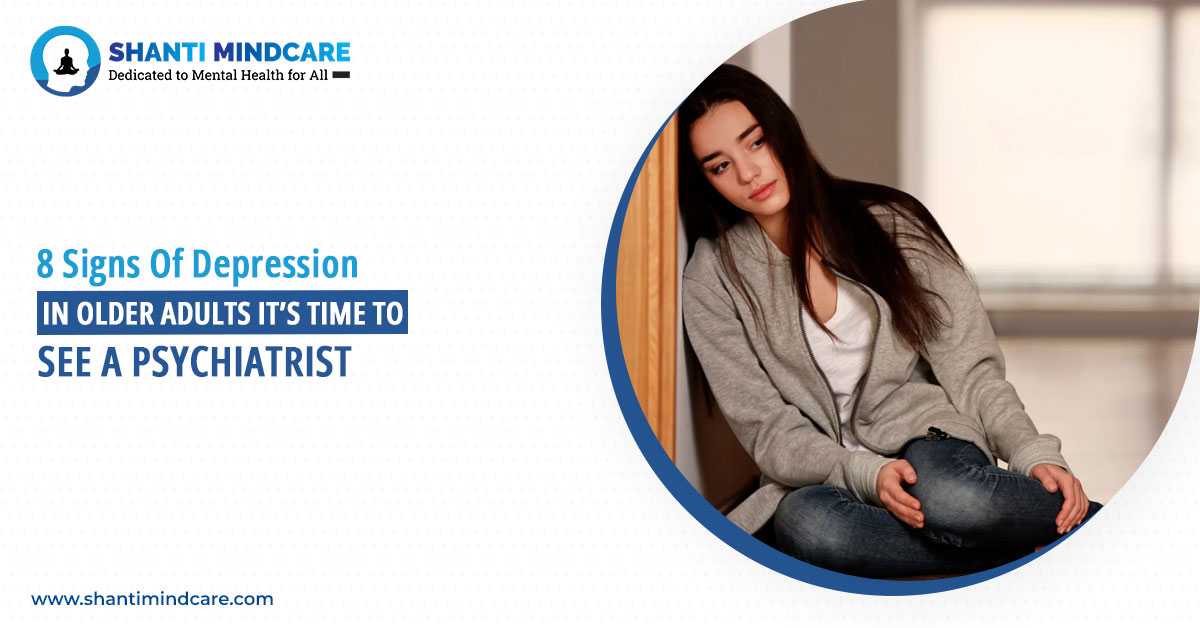Dementia is a general term for impaired memory, social abilities, making decisions, and thinking ability. This mental health concern mostly affects older adults. However, dementia is not considered a normal part of aging. Untreated dementia makes it difficult to deal with the day-to-day activities of a person.
As per the WHO reports, dementia has affected more than 55 million people worldwide. Alzheimer's disease is a common form of dementia and the most common sign of dementia is memory loss. Visit the leading old age home in North Bengal for wide-ranging care for your elderly.
Knowing the signs and symptoms of dementia
A wide range of symptoms of dementia include:
Symptoms of cognitive changes
- Memory loss
- Trouble performing day-to-day and complex tasks
- Trouble communicating
- Confusion
- Trouble finding the right words
- Getting lost while walking or driving
- Poor coordination
- Losing track of time
- Disorientation
- Difficulty with organizing
- Difficulty with making plans
Symptoms of psychological changes
- Depression
- Agitation
- Anxiety
- Sadness
- Paranoia
- Inappropriate behavior
- Hallucinations/seeing or hearing things aren’t real
- Personality changes
- Withdrawal from social activities/social withdrawal
Signs and symptoms of dementia may vary and not every person develops severe form of symptoms. In case, mental concern develops, people need assistance with day-to-day life. People with Alzheimer's disease and dementia may not be able to recognize familiar people (loved ones) like family and friends.
Signs and symptoms of dementia are based on the area of the brain that is affected. Alzheimer’s disease is the most common form of dementia, which contributes around 60-70% of cases of all dementia. Other types of dementia are dementia with Lewy bodies, vascular dementia, Frontotemporal dementia, mixed dementia, etc. Reach out to the most reputed old age home in North Bengal for elderly care.
Knowing the risk factors for dementia
The risk factor factors for dementia are:
- Older age, age over 65 or 80
- Having a family history of dementia, especially in first-degree relatives like mother, father, siblings
- Down syndrome, a genetic disorder marked by abnormal cell division causing extra genetic material from chromosome 21/trisomy 21
- Cardiovascular conditions like high blood pressure, high cholesterol, and the buildup of fats in the artery walls (atherosclerosis) can contribute to dementia
- Obesity, diabetes, and blood vessel diseases act as risk factors here
- Research shows that higher intakes of saturated and trans fats put people at risk of dementia
- A sedentary lifestyle or no physical activity for more than 10 hours a day increases the risk of developing dementia
- Drinking large amounts of alcohol is linked to the risk of developing dementia due to changes in the brain
Besides these factors, head trauma, vitamin and nutrient deficiency, regular exposure to air pollution, and sleep apnea can contribute to dementia. Get dedicated old age care in Siliguri North Bengal. If you notice cognitive changes in your elderly, see a specialist to detect the underlying reason. Diet and lifestyle modifications and medical care help improve the health condition.




